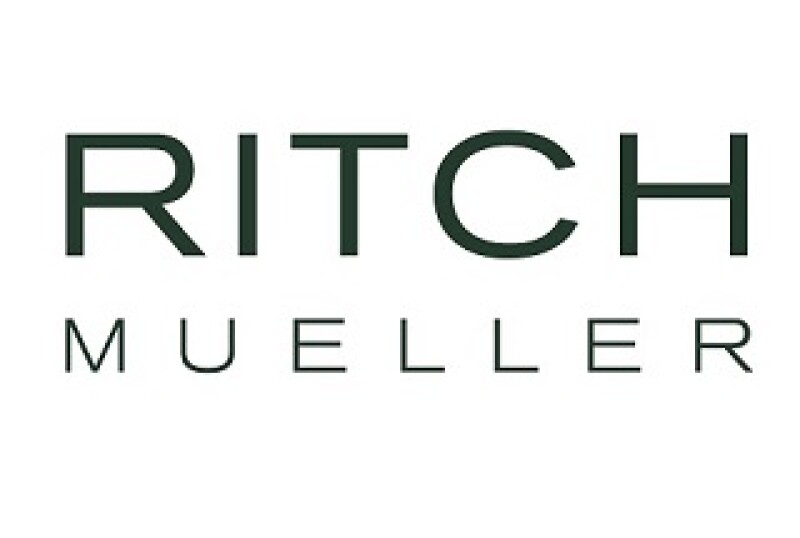
Pursuant to several Supreme Court Cases, Mexican taxpayers bear the burden of verifying that their expenses are duly supported with documentation that meets tax formalities, in order to be able to claim them as deductible. This includes verifying that the invoices supporting their transactions meet all applicable formal requirements. In practice, this has led to many taxpayers losing the deductibility of expenses that are indeed related to their business activities merely because they were not properly documented, which also leads to losing any related value added tax credits.
Migration to the new invoicing structure, which is mandatory as of December 1 2017, is expected to further complicate this process, as taxpayers will now also have to verify that the new information requirements included in the invoices received are accurate. The information to be disclosed in the new version of invoices is extremely detailed, for instance, a catalogue with more than 5,000 possible options only for the ‘description’ field was published by the tax authorities, which will require taxpayers to be particularly thorough in reviewing their invoices to avoid risking the deductibility of their expenses.
The above adds to a tax system that is already heavy on tax formalities for the deduction of expenses. Specific deductibility requirements may also apply depending on the type of transaction executed and residence of the counterparty, which should also be observed. For instance, in the case of payments made to non-residents, Mexican taxpayers are required to request the foreign residents to include Mexican formalities in the foreign invoices issued to support such transactions, while simultaneously having to issue a tax invoice to support any taxes withheld to such non-residents.
In recent years, we have seen a trend from the Mexican tax authorities of disallowing the deductibility of payments made by taxpayers during tax audits based on a very formalistic approach, disregarding the nature of the expenses and whether they were indeed related to the activities of the taxpayer and only focusing on whether the tax formalities to document such expenses were observed. The Mexican Taxpayer’s Ombudsman has even issued several recommendations to the Tax Administration Service on this point, urging it to favour a substance over form approach when reviewing tax deductions in order to preserve taxpayer rights.
A notable example of this formalistic trend emerged recently when the Mexican Supreme Court ruled in favour of the tax authorities in denying the deductibility of a service fee paid by a Mexican permanent establishment (PE) of a foreign resident (Party A) to a foreign resident (Party B), on the principle that Party A had enough elements to conclude that Party B had created a Mexican PE as a result of the services rendered in Mexico under their service agreement. The deductibility of the service fee was disallowed under the argument that Party A should have verified that the invoice received from Party B included formalities applicable to invoices issued by Mexican PEs.
Multinational groups with a presence in Mexico should be aware that the Mexican tax authorities are regularly including new requirements with respect to the deductibility of expenses and are being very formalistic when reviewing them in tax audits. Therefore, a solid defence file is recommended considering the specific deductibility requirements applicable to each type of transaction.
Santiago Díaz Rivera Bravo (sdiazrivera@ritch.com.mx)
Constanza Porras Garulo (cporras@ritch.com.mx)
Ritch, Mueller, Heather y Nicolau, S.C.










